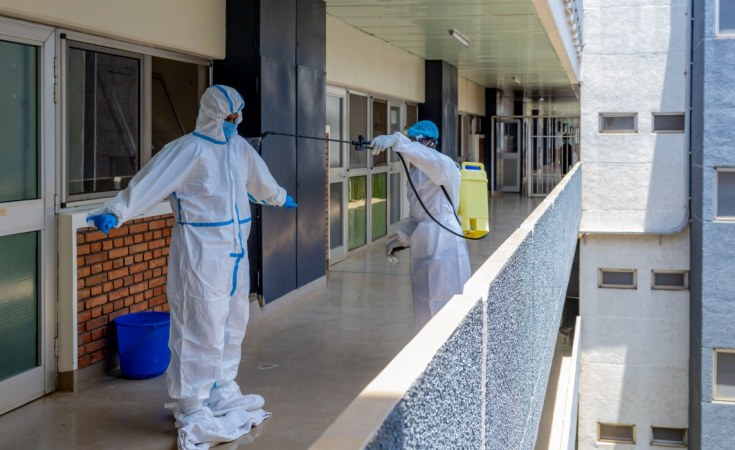As of October 22, Rwanda had not reported any new infections or deaths from the Marburg virus in a week, with just one patient still receiving treatment in isolation. This brings hope that the worst of the outbreak may be behind us.
Despite the outbreak's impact, including a death rate of 24%, the commitment of frontline health workers has been instrumental in preventing further devastation.
Rwanda's effective management of health crises through multisectoral approaches has once again shown its value. Although none of the previous crises were exactly like Marburg, the same strategies of contact tracing and patient isolation have proven essential in controlling the virus's spread.
These efforts not only contained transmission but also enabled early detection, which is an essential factor in improving survival rates. Early supportive care, including rehydration and symptomatic treatment, significantly boosts a patient's chance of recovery.
One of the notable highlights during this outbreak has been the country's success in patient outcomes. For the first time in any Marburg outbreak, patients who were placed on assisted breathing for several days were successfully extubated. This is even more impressive considering Rwanda has recorded the lowest death rate of any known Marburg outbreak.
While the handling of the outbreak has been commendable and there is every reason to hope that the end is in sight, it is not time for members of the public to let the guard down yet. Prevention, as always, remains better than cure.
Simple practices such as regular handwashing, which are effective in preventing not only Marburg but also a wide range of infections, should be a continued habit for Rwandans.


